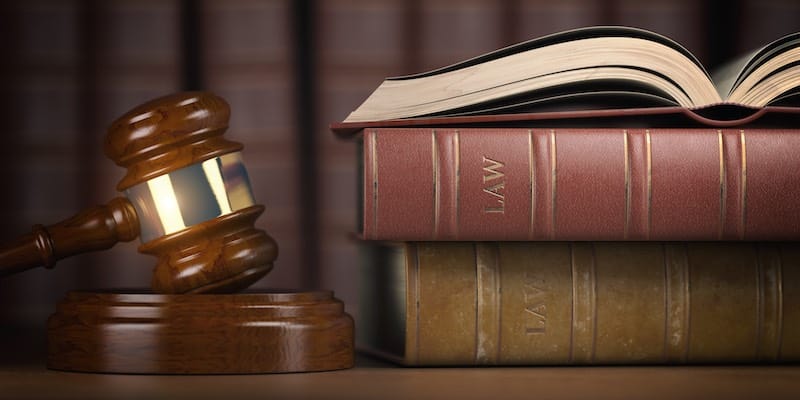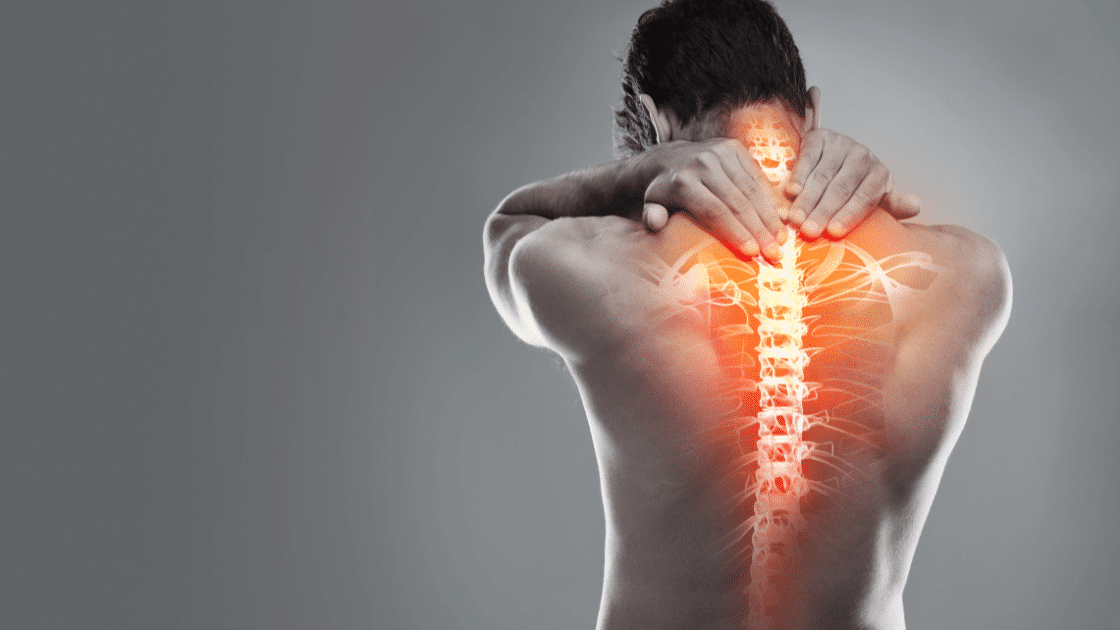
Navigating the legal landscape following an accident can be daunting, especially when it comes to understanding the nuances of personal injury law. At 770GoodLaw, Car Accident Lawyers, we’re here to clarify the distinctions between wrongful death and personal injury cases, two important areas of law that often intersect but serve different purposes.
What is Personal Injury?
Personal injury cases arise when an individual suffers harm due to the negligence or intentional actions of another party. These cases can include a wide range of incidents, such as car accidents, slips and falls, medical malpractice, and more. The injured party—referred to as the plaintiff—can seek compensation for various damages, including:
- Medical Expenses: Costs for treatment, rehabilitation, and ongoing care.
- Lost Wages: Income lost due to the inability to work during recovery.
- Pain and Suffering: Compensation for physical and emotional distress caused by the injury.
- Property Damage: Costs related to the repair or replacement of damaged property, such as a vehicle.
In personal injury cases, the injured party is alive and seeking compensation for the damages they have endured.
What is Wrongful Death?
Wrongful death cases arise when an individual dies due to the negligence or wrongful acts of another party. The claim is typically filed by the deceased person’s family members or estate representatives on behalf of the deceased. The purpose of a wrongful death claim is to hold the responsible party accountable and to provide financial support to the survivors. Damages in wrongful death cases may include:
- Funeral and Burial Expenses: Costs associated with the deceased’s final arrangements.
- Loss of Income: Compensation for the financial support the deceased would have provided to their family.
- Loss of Companionship: Emotional damages suffered by family members due to the loss of their loved one.
- Medical Expenses Prior to Death: Costs for medical care received by the deceased before their passing.
Unlike personal injury cases, wrongful death claims focus on the impact of the death on the survivors rather than on the deceased’s experience of pain and suffering.
Key Differences
Nature of the Claim:
Personal Injury: Claims are filed by the injured party.
Wrongful Death: Claims are filed by the deceased’s estate or family members.
Compensation Focus:
Personal Injury: Focuses on damages suffered by the injured party.
Wrongful Death: Focuses on the losses experienced by the survivors due to the death of a loved one.
Types of Damages:
Personal Injury: Includes medical expenses, lost wages, and pain and suffering.
Wrongful Death: Includes funeral costs, loss of companionship, and loss of income.
Legal Process:
Personal Injury: The injured party pursues compensation through negotiations or litigation.
Wrongful Death: The claim is filed on behalf of the deceased, and the legal process can be more complex due to the involvement of the deceased’s estate.
When to Consult a Lawyer
If you or a loved one has been involved in an incident leading to personal injury or wrongful death, it’s essential to seek legal advice. At 770GoodLaw, our experienced attorneys can help you understand your rights and navigate the complexities of your case. Whether you’re pursuing a personal injury claim or a wrongful death case, we’re here to advocate for you and ensure that you receive the compensation you deserve.
Conclusion
Understanding the differences between personal injury and wrongful death cases is crucial when seeking justice for harm caused by negligence. At 770GoodLaw, Car Accident Lawyers, we are committed to helping clients through every step of the legal process. If you have questions or need assistance, don’t hesitate to contact us. Your path to justice starts here.







